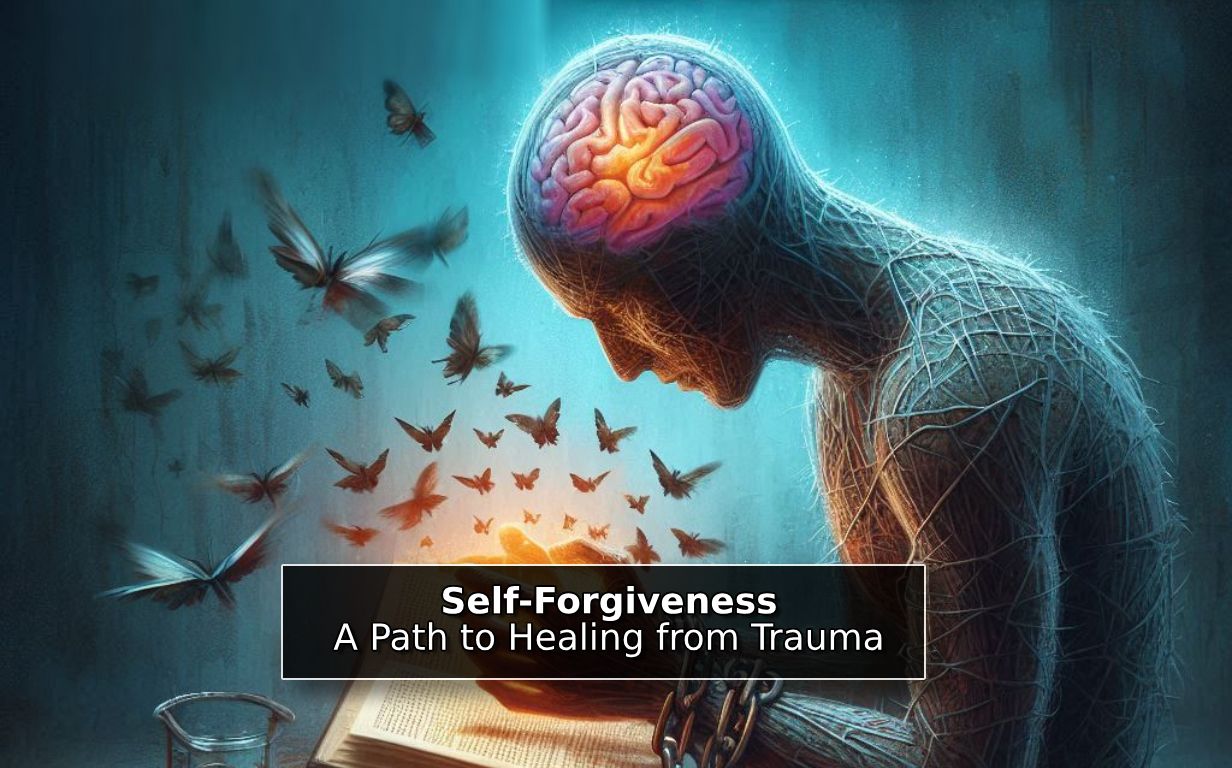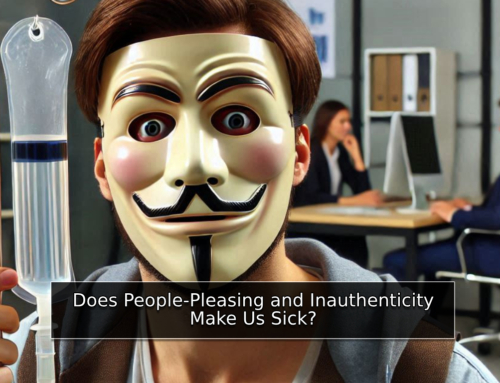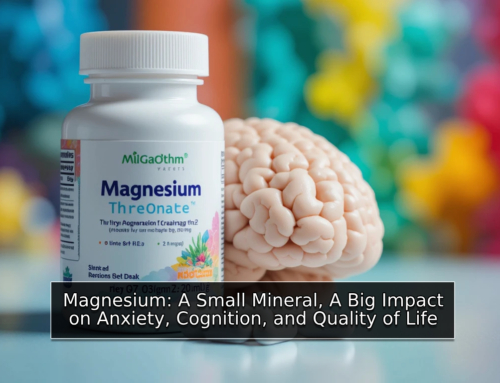Self-Forgiveness: A Path to Healing from Trauma
The experience of trauma leaves a deep emotional wound. Along with pain and suffering, many people also experience feelings of guilt and shame. Self-forgiveness after trauma, despite its difficulty, is a crucial step on the road to recovery and renewal.
Feelings of Guilt After Trauma Are Natural and Understandable
It's important to understand that feelings of guilt, shame, or "if only I had done something differently" after a traumatic experience are common and understandable reactions. Questions like "What did I do to cause this?" or "Why did this happen to me?" are an integral part of this process and reinforce feelings of guilt and shame. Trauma, whether it's a one-time event like a serious car accident, sexual assault, or natural disaster, or an ongoing experience like childhood abuse, emotional abuse in a relationship, or combat service, can leave us feeling helpless and out of control. These are painful and difficult emotions, but it's important to remember that they don't reflect reality. Trauma is a difficult experience, and no one can be prepared for everything.
Self-Forgiveness Is a Gift We Give Ourselves
Therapeutic approaches like CBT and ACT provide us with the tools to identify negative and unhelpful thoughts and beliefs, accept their existence without judgment and without fighting them, and develop a more compassionate and accepting attitude. This approach leads to a return to normal functioning and a meaningful life. It's important to remember that these thoughts and feelings are part of the process of coping with trauma, but they don't have to control your life. Professional therapy can help you process difficult experiences, change negative thought patterns, and develop healthier coping strategies.
How to Begin the Process of Self-Forgiveness After Trauma
You can start with these first steps towards self-forgiveness after trauma:
- Recognition: Connect deeply with your emotions. Embrace the intensity of the pain, guilt, and anger. Listening without judgment is the first step.
- Understanding: Try to understand your behavior at that time. Remember, you were a person acting out of pain and fear.
- Self-Compassion: Give yourself the compassion and patience you give to others. Speak to yourself gently, as you would to a good friend.
- Learning: Use the experience as a springboard for growth. What did you learn? How can you act differently in the future?
- Letting Go: Let go of the past. The past is the past, and the present is the time when we can create change.
The Journey to Self-Forgiveness
Self-forgiveness is a process, not a destination. It requires patience, self-compassion, and support. If you're struggling with trauma and feelings of guilt, don't hesitate to seek professional help. CBT and ACT therapy can help you process difficult experiences and develop a more fulfilling life.
In conclusion, self-forgiveness is a crucial step in healing from trauma. It allows us to let go of the past and focus on the present. By developing a compassionate attitude towards ourselves and our past, we can break the cycle of guilt and find comfort and peace.
If you need additional support, don't hesitate to contact a mental health professional.
Note: This post is intended to provide general information only and should not be considered medical advice.
Contact now
Ready to take the first step towards positive change? Contact me now for more information and to schedule an appointment. Whether you prefer in-person sessions in Tel Aviv or virtual meetings via Zoom, my integrated approach of Cognitive Behavioral Therapy (CBT) and Acceptance and Commitment Therapy (ACT) can help you break free from struggles and find greater fulfillment in life. I'll be sure to get back to you as soon as possible. Let's embark on this transformative journey together!
Call Whatsapp 052-2325511
Or fill out the following form.
Can ACT and CBT assist you or your loved ones?
Welcome to my therapy practice, where I offer a powerful combination of Cognitive Behavioral Therapy (CBT) and Acceptance and Commitment Therapy (ACT) techniques. CBT is a goal-oriented, short-term approach that's highly effective for anxiety, depression, low self-confidence, and more. ACT complements CBT, helping you navigate life's challenges and find fulfillment and authentic, happier life.
If you're struggling with anxiety, depression, low self-image, or facing setbacks, CBT combined with ACT may be the key to transforming your life. Break free from the struggle and take a step towards a happier, more fulfilling life.
Contact me today to schedule an appointment and embark on your journey of positive change. You don't have to face it alone; I'm here to support you every step of the way. Let's work together to create the life you deserve!





